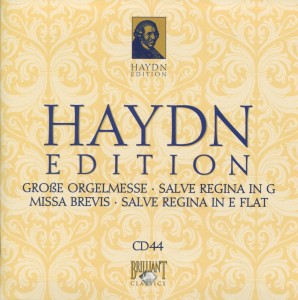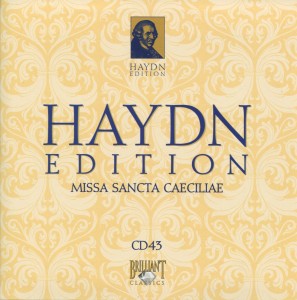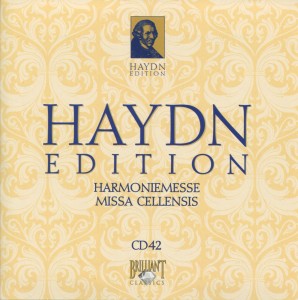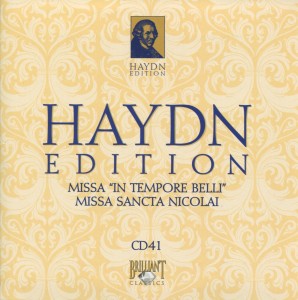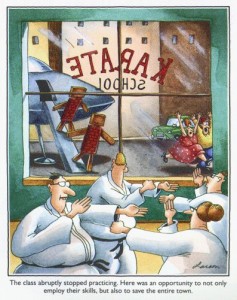 Today’s CD is one 70-minute composition called Stabat Mater (Hob XX:BIS). It was composed in 1767. Haydn was 35.
Today’s CD is one 70-minute composition called Stabat Mater (Hob XX:BIS). It was composed in 1767. Haydn was 35.
The phrase “Stabat Mater,” according to its entry on Wiki,
Of two hymns, Stabat Mater Dolorosa (about the Sorrows of Mary) and Stabat Mater Speciosa (joyfully referring to the Nativity of Jesus), Stabat Mater usually refers to the first, a 13th-century Catholic hymn to Mary, variously attributed to the Franciscan Jacopone da Todi and to Innocent III.
The title of the sorrowful hymn is an incipit of the first line, Stabat mater dolorosa (“The sorrowful mother stood”). The Dolorosa hymn, one of the most powerful and immediate of extant medieval poems, meditates on the suffering of Mary, Jesus Christ’s mother, during his crucifixion.
By the way, there’s an entire page on Wikipedia devoted to Marian devotions, if you’re so inclined. From the Wiki article:
There are many Marian devotions, ranging from multi-day prayers such as Catholics’ Novenas, the veneration of icons in Eastern Christianity, and activities which do not involve prayers, such as the wearing of scapulars or maintaining a Mary garden.
Devotion to the Virgin Mary does not, however, amount to worship – which is reserved for God; e.g. both Catholics and the Eastern Orthodox view Mary as subordinate to Christ, but uniquely so, in that she is seen as above all other creatures.
So this was the world in which Franz Joseph Haydn walked. He was a devout Catholic.
I’m not fond of masses, as a general rule. Not even Haydn’s. They’re good, perhaps great. But I most often enjoy Continue reading

